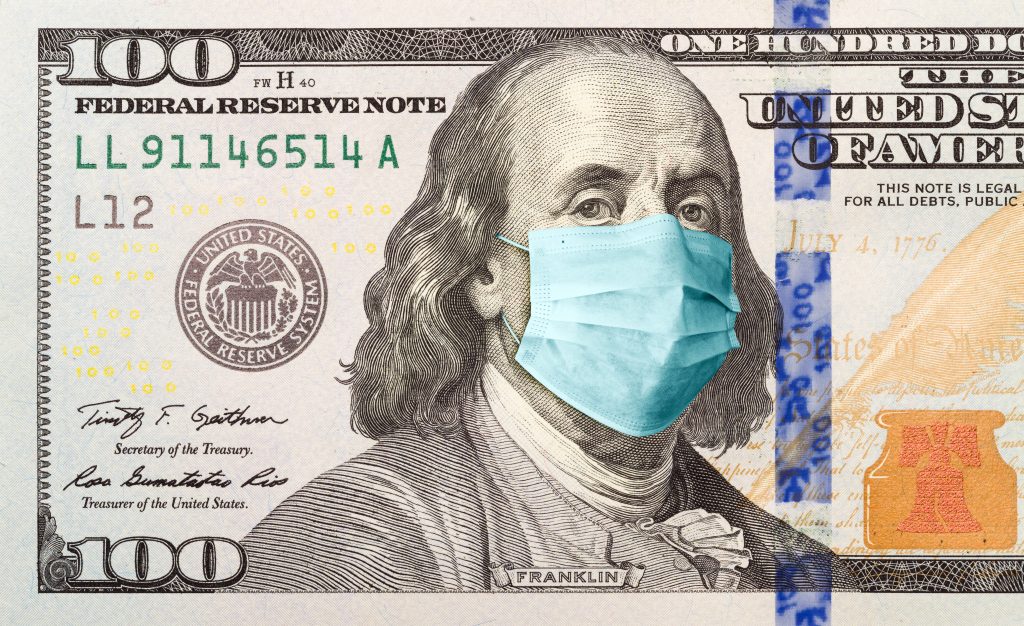States that responded to the Great Recession by maintaining or increasing state jobs and spending outperformed states, such as Maine, that responded with layoffs and spending cuts.
As state policymakers seek solutions the state’s pandemic-induced revenue shortfalls, they must avoid repeating decisions made during previous downturns, which increased harm to families and delayed recovery.
In “Solving Maine’s Pandemic Revenue Crisis,” MECEP tax and budget analyst Sarah Austin examines the evidence and experience from state and federal responses to the Great Recession to chart a path forward for Maine’s pandemic recovery.
Policymakers have two choices to address the state’s unprecedented $883 million revenue shortfall. They can make budget cuts that will harm families across Maine and make the recession worse, or they can raise the revenue necessary to protect jobs, reduce hardship, and keep money flowing through the economy.
Key findings in the report include:
State spending supports jobs and economic growth in a recession, while cuts take money out of the economy when it’s needed most.
- Each dollar of state spending cut during a recession takes $1.41 out of the economy, with most of the loss occurring in the private sector.
- During the recovery period from 2009 to 2015, states that maintained or increased public-sector jobs outperformed states that cut them. During that time frame, Maine cut one in every twenty state and local jobs and private-sector job growth was the fourth-worst in the country, growing just 4.4 percent — less than half the 9.2 percent national average.
Raising revenue by increasing taxes on the wealthiest households and profitable corporations would protect families from budget cuts while fueling its economic recovery.
- Since 2012, states that raised taxes on high incomes outperformed their neighbors on key economic indicators, including job growth, per-capita income, and state GDP. The nine states with the highest top marginal tax rates outperformed states without income taxes from 2007 to 2016.
- The wealthiest households can afford to pay more: The wealthy already spend less of their income than the rest of households. During the recession, even greater savings rates mean the wealthy are doing less to power the recovery even as Mainers with low incomes have maintained or even increased spending rates.




